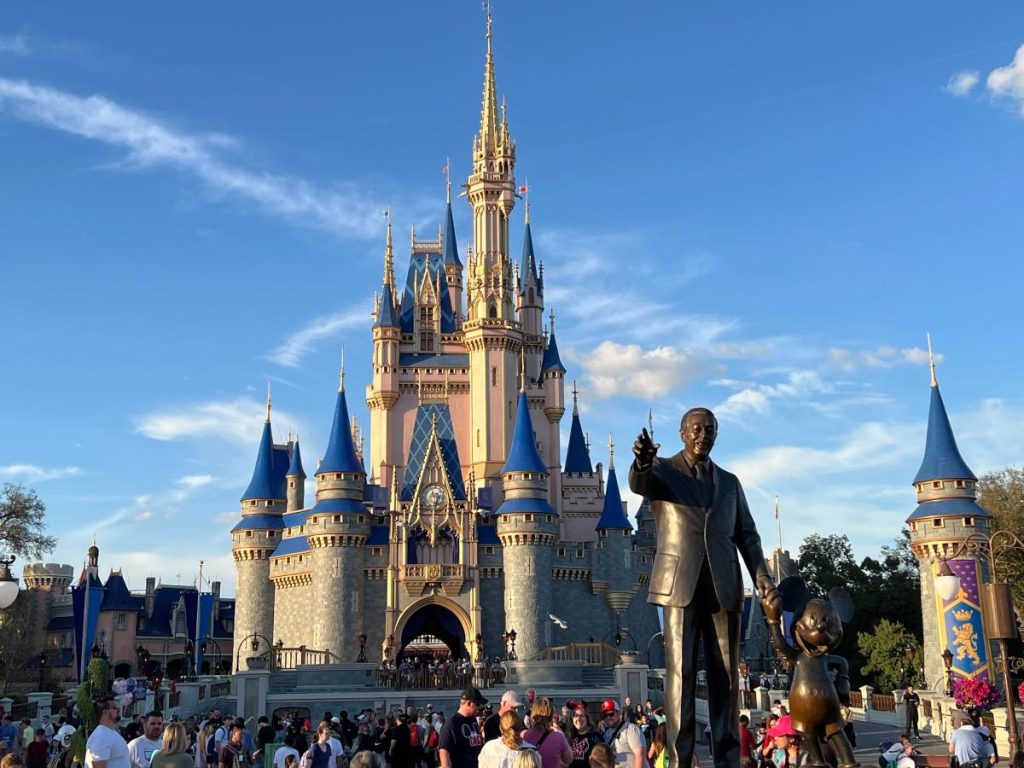Disney World and Disneyland are making changes to their policies for guests with disabilities. While they will still offer their popular Disability Access Service (DAS), they are adjusting qualifications, registration procedures, and the length of validity to ensure that guests receive the accommodations they need. The resorts are dedicated to providing a great experience for all guests, including those with disabilities.
The DAS program is designed to assist guests who have difficulty tolerating extended waits in traditional queue environments due to a disability. Guests who qualify for and enroll in DAS can wait the same amount of time as guests in the standby line, but they do not have to physically wait in line. Instead, they can join the line virtually, wait elsewhere in the park, and then return to the attraction for a shorter wait in person.
Not all disabilities impact the ability to tolerate long waits in queues. The new updates to the resorts’ accessibility webpages clarify that DAS is intended for guests who are unable to wait for extended periods of time in conventional queues due to a developmental disability like autism. Guests in wheelchairs or electric conveyance vehicles may still be able to wait in many lines in their mobility devices.
To qualify for DAS, guests must meet with a specially trained cast member who can determine if the program is the right fit for them. Starting May 20 at Disney World, guests can only enroll in DAS through a virtual video meeting, rather than in person at the parks. Disneyland guests can register for DAS through a virtual video call ahead of their trip.
Guests who are previously enrolled in DAS can use it for 60 days from their date of registration. New enrollees at Disney World and Disneyland will have up to 30 days to use the service, but starting in May at Disney World and June at Disneyland, new enrollments will be valid for 120 days. These changes are being implemented to help ensure that DAS reaches its intended audience and to accommodate the increasing volume of users.
Disney recognizes all kinds of disabilities and access needs, many of which are invisible. They do not require documentation proving disability or access needs. The changes to the DAS program are designed to improve the experience for guests with disabilities and help them have a wonderful time at the parks.


